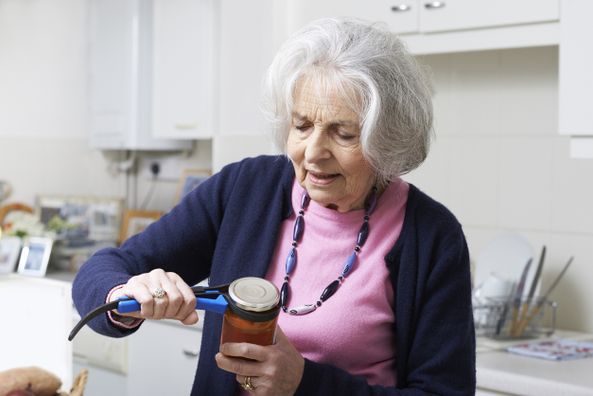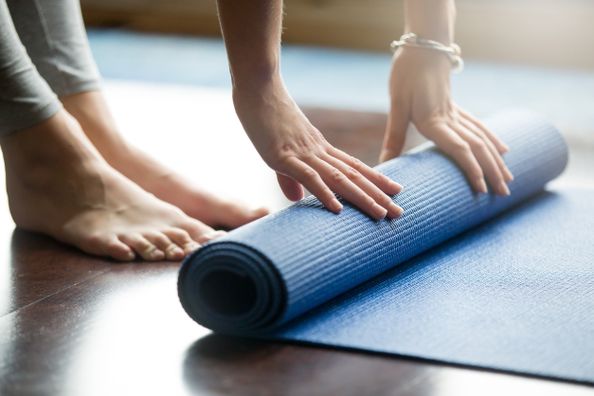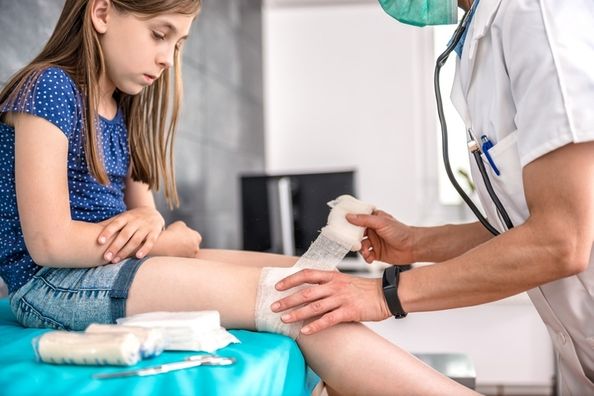Occupations are not necessarily a paid job but can be considered the daily tasks we like to spend time doing. They are different for everyone and often evolve over one’s life span. Some examples of occupations include golf, crocheting, bingo, typing, dressing and bathing.
The hand is essential to our occupational day-to-day functions. Without the use of our hands, basic activities of daily living can become challenging. The table below outlines the impact of losing a single digit, in the hand or arm, on one’s overall abilities. For example, losing or injuring a thumb results in almost 40% functional loss of the hand. It is clear how disease, disability, injury or the aging process can compromise life significantly; losing this independence can cause additional hardships and increase costs of care.
Hand Percentage Loss
If you lose your |
Total upper extremity loss |
Total bodily loss |
Ring or small |
9 – 10% |
5% |
Index or middle finger |
18 – 20% |
11% |
Thumb |
36 – 40% |
22% |
Whole arm |
100% |
60% |
There are many circumstances that can lead to mobility hand loss, directly affecting people’s occupation of any age, including:
- Aging: Arthritis, pain, contracture (permanent tightening of tissue)
- Disease: Cancer, diabetes, stroke
- Physical or developmental delays
- Physical defects
Fortunately, occupational therapy is a valuable resource to help patients live life to the fullest, regardless of age, health or additional circumstances. The American Occupational Therapy Association states, “Occupational therapy maximizes health, well-being and quality of life for all people, populations and communities through effective solutions that facilitation participation in daily living.”
Occupational therapists’ job is to evaluate and listen to patients’ needs, identify what they want to be able to do and why they are not able to do it. This strategy includes the usage of “hand helpers”, otherwise known as adaptive equipment, that can help maintain occupational identity and independence.
Adaptive Equipment Examples
Condition |
Equipment |
Description |
Hand pain/Contractures |
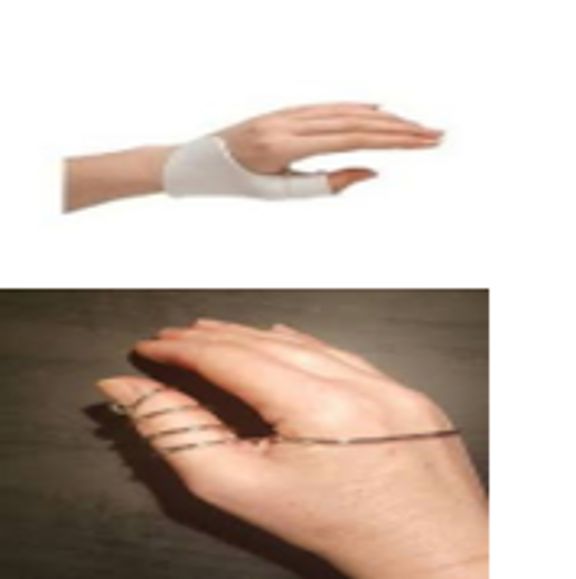 |
Orthosis devices are used to reduce pain and swelling caused by injury or disease. |
Eating and Oral Hygiene |
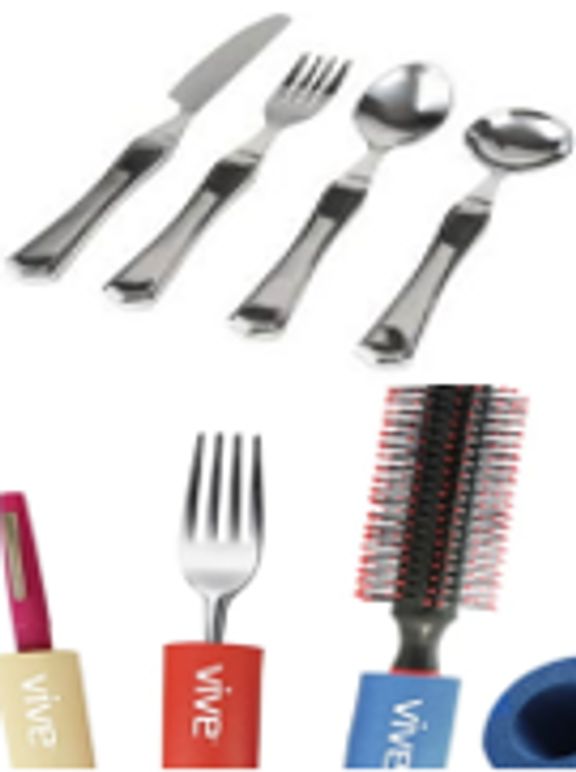 |
Weighted utensils help reduce tremors and weigh down a user’s hand to make eating and brushing teeth easier to manage. |
Dressing and Bathing |
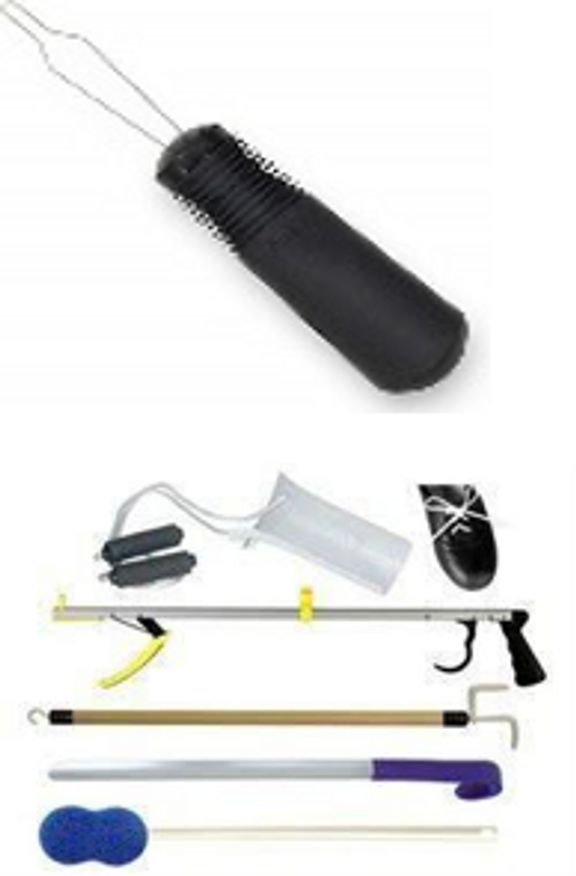 |
Sock aides, grabbers, long-handled shoehorns, long-handled sponges and button hooks reduce the need to bend, twist and use affected fine motor skills. |
Toileting |
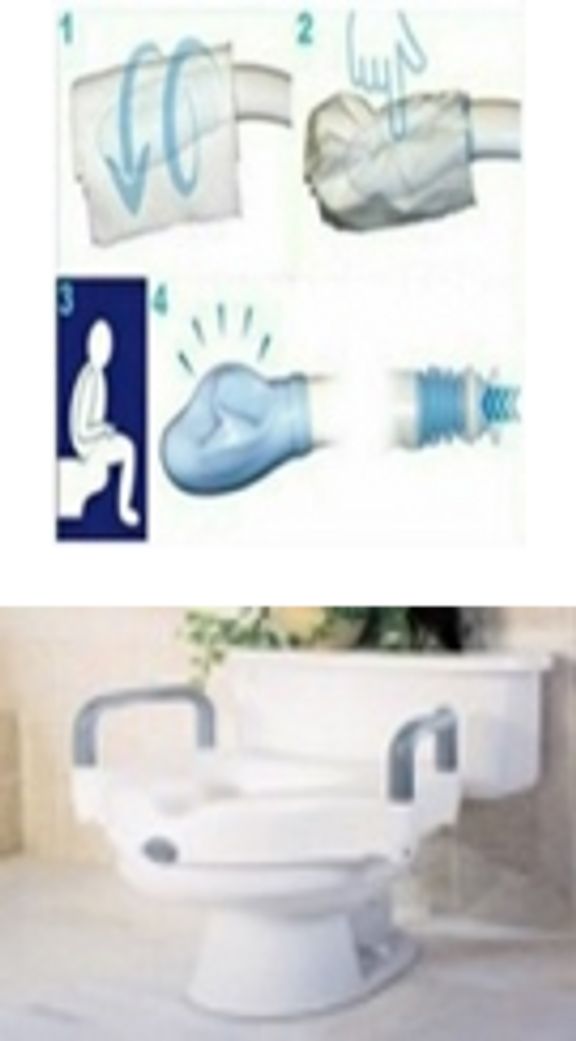 |
“Comfort Bottom Wiper” holders and raised toilet seats assist those with mobility limitations, pain and/or reduced strength and balance. |
Computer and Ergonomics |
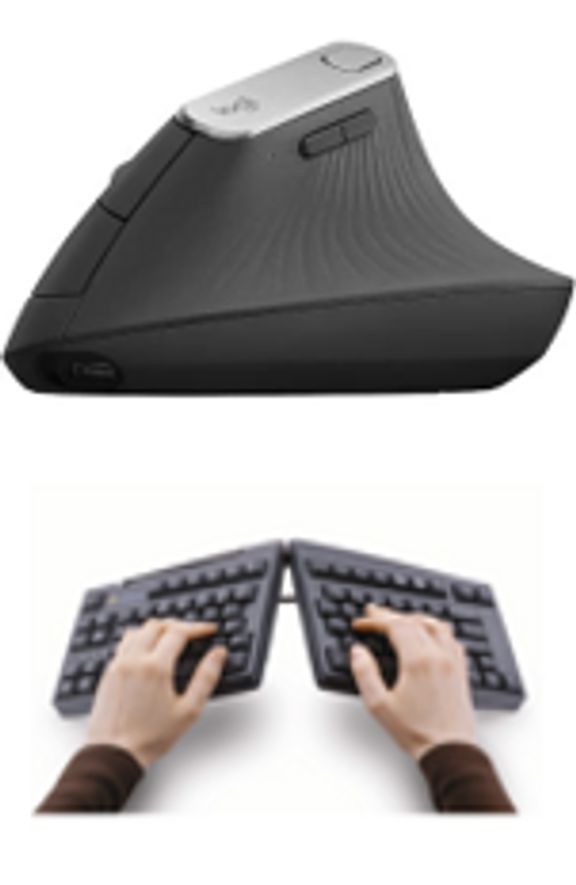 |
An ergonomic mouse and keyboard reduce stress on your tendons and joints, alleviating pain and injury. |
Hand Stability |
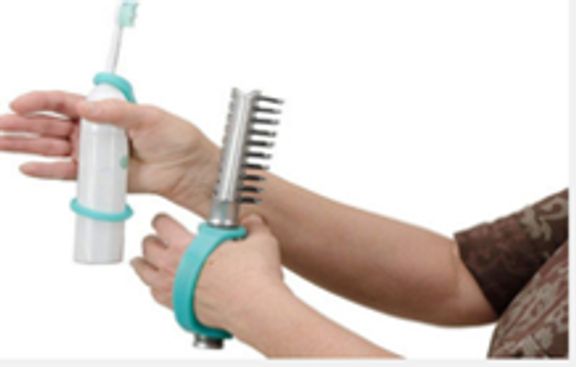 |
Easy-to-hold universal cuffs reduce the impact of hand tremors. |
Photos by Unknown Author licensed under CC BY-SA.
If you are experiencing a loss of hand function, you may benefit from an occupational evaluation. At DuPage Medical Group (DMG), our occupational therapists will partner with you to determine the cause of any potential issues and create a personalized treatment plan, that may include adaptive devices, to enable you to retain your independence and quality of life.
Click here to learn more about occupational therapy or call 630−967−2000 to schedule an appointment today.
1Capek, K. D., Hughes, B. D., & Warden, G. D. (2018). 63 — Functional sequelae and disability assessment. In D. N. Herndon (Ed.), Total Burn Care (Fifth Edition) (pp. 673 – 678.e1). Elsevier.
Health Topics:

